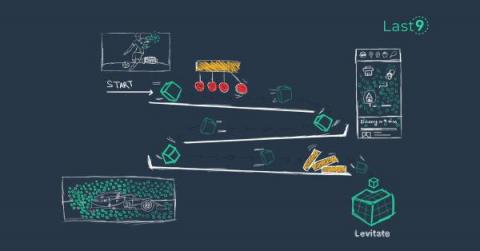SRE Trends from AWS re:Invent 2022
In November/December 2022 I attended AWS re:Invent in Las Vegas. It was certainly an experience for this small town kid from New Zealand, and one that I took a lot away from. While I was at the conference, I took the time to walk around and take notes. In this article I will share the trends that I observed which I think will have an impact on SRE work in 2023 and beyond, including: ...and others.











